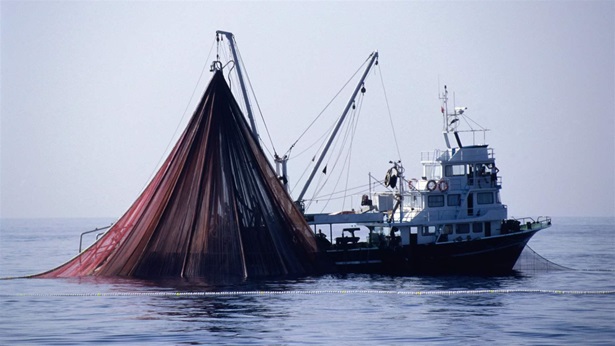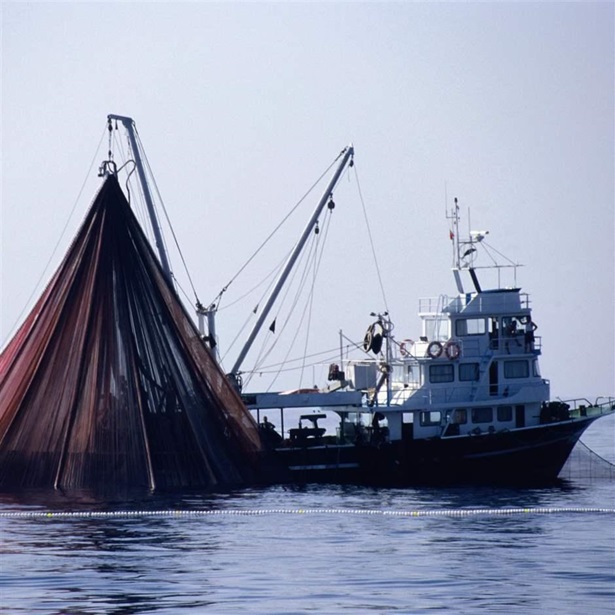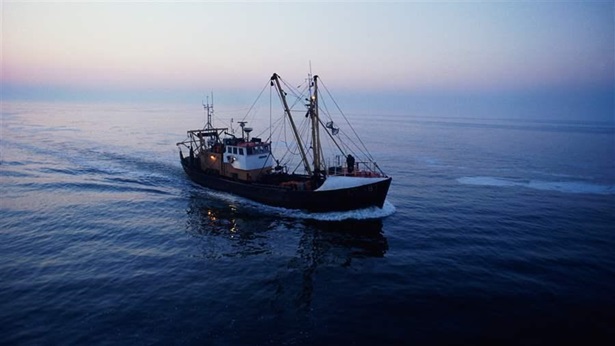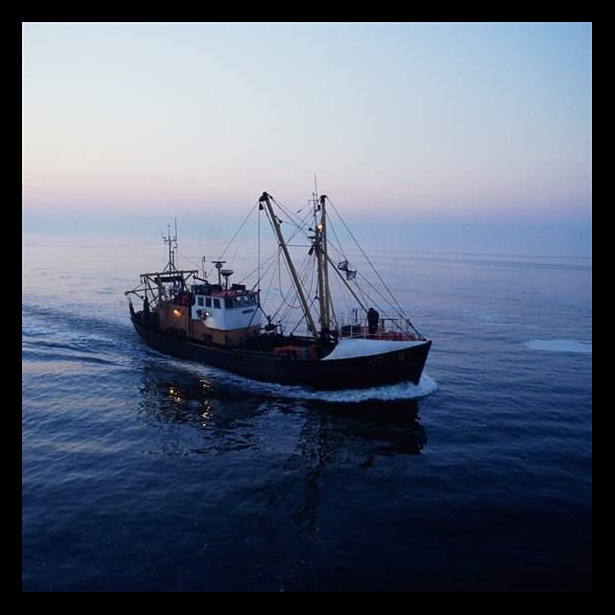Fisheries Subsidies Reform Could Reduce Overfishing and Illegal Fishing Case Studies Find
New World Trade Organization rules would help ocean, local fleets, and coastal communities
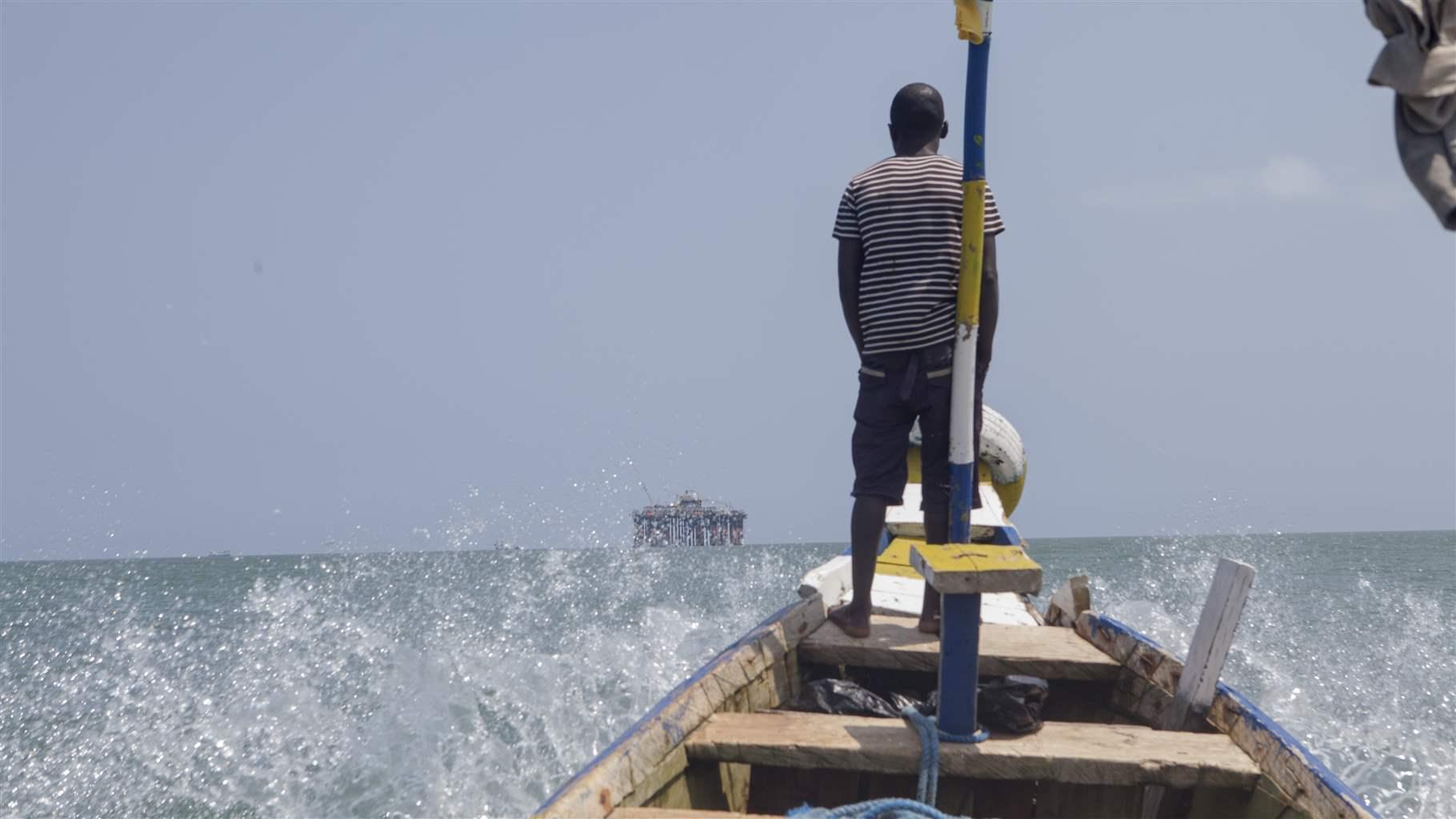
Overfishing is one of the greatest threats to ocean health, yet for decades many governments have paid subsidies to their fishing fleets, helping them fish beyond levels that are biologically sustainable. It’s time to end these harmful subsidies, some of which even support illegal fishing activities. Now, new case studies show that World Trade Organization (WTO) measures to end those harmful payments could help local fishers while increasing global catch.
Not all fisheries subsidies are harmful. Some, for example, might help artisanal fishers survive a lean season, and those payments should be maintained. But studies show that governments are spending $22.2 billion per year on payments that encourage overfishing. These subsidies, paid to help offset the costs of vessel fuel, upgrades, port renovations, and other expenses, enable primarily industrial fleets to fish farther from shore and longer than they otherwise would. A June 2018 study found that without government subsidies, as much as 54% of the present high-seas fishing grounds would be unprofitable.
Fortunately, the global community has recognized this problem and the need to address it: The United Nations Sustainable Development Goal 14 Target 6, which U.N. member governments agreed to in 2015, tasks the WTO with crafting an agreement to end harmful fisheries subsidies. WTO members were on track to finalize this deal at a June meeting but have postponed that conference due to COVID-19.
The new case studies provide the first practical evidence of how curbing subsidy-driven overfishing would improve fishery sustainability and benefit local fishers, their families, and their communities.
To produce the studies, the International Institute for Sustainable Development commissioned researchers to examine fish stock exploitation levels, governance regimes, revenue from landings, income from subsidies, and operating costs in three fisheries: shrimp in Latin America, sardinella in West Africa, and southern longline tuna in the Pacific. The researchers were then asked to examine the economic impacts of possible WTO disciplines, and options for managing these impacts.
Broadly, the studies found that reforming harmful fisheries subsidies could lead to higher yields for local fishers, which in turn could help provide more stable jobs, raise fishers’ incomes, reduce poverty, and improve food security in local communities.
Incomplete or inadequate reporting often allows governments to obscure the nature of their subsidy programs, creating challenges in evaluating their true impacts. But if governments commit to increased transparency and more complete notifications to the WTO of their subsidy programs, analysts and observers will gain a far better understanding of the potential effects of any new policy.
Here are some of the specific findings from the case studies.
In the Latin American shrimp fisheries:
- Shrimp fishing in the eastern tropical Pacific generates approximately $194 million per year and supports at least 140,000 jobs in the artisanal, industrial, and processing sectors.
- Regional catch trends reveal overfishing, and several fleets are overcapitalized, partly due to capacity-enhancing subsidies.
- Estimates suggest that industrial fleets receive approximately 78% of the subsidy money, although artisanal fisheries generate the majority of employment.
Key takeaway: WTO disciplines could help artisanal fisheries compete with industrial vessels that may not be profitable without subsidies. Fuel and vessel maintenance subsidies represented 20% to 50% of income for industrial vessels in Mexico and Nicaragua, for example.
In the West African sardinella fishery:
- Annual catch was estimated at more than 700,000 tons from both the artisanal and industrial sectors in 2014.
- Landed value was nearly $300 million in 2014, with $160 million generated by the artisanal sector and $137 million by the industrial sector.
- An estimated 160,000 jobs were created in the West African region in 2014: 17,500 artisanal, 1,700 industrial, and 145,000 related to fishing-related activities, especially post-harvest processing.
- Steadily increasing fishing capacity promoted by harmful fisheries subsidies and ineffective management has driven overfishing of sardinella stocks since 2006.
- Most industrial and artisanal fishing activities that target sardinella would not be economically viable without subsidies.
Key takeaway: WTO disciplines could limit the harmful subsidies contributing to the overcapacity and overfishing of sardinella for both sectors. These subsidies cover the costs of fuel, certain capital costs, and access to other countries’ waters, as well as contribute to allowing illegal, unreported, and unregulated (IUU) fishing, mostly by foreign vessels. Previous studies have estimated that West African fishers are losing up to $2.3 billion in revenue each year due to IUU fishing in the region.
In the western and central Pacific longline tuna fishery:
- Populations of albacore, yellowfin, and bigeye tuna are biologically healthy, but the fishery suffers from economic overfishing, demonstrated by a decline in the amount of fish that vessels are able to catch with the same amount of effort.
- Catches of south Pacific albacore were just under 93,000 tons in 2017, valued at approximately $268 million.
- There are roughly 290 vessels in the southern longline fishery, half of which are flagged to China or Taiwan, Province of China.
- The researchers estimate that catch revenues from Chinese- and Taiwanese-flagged vessels are not high enough to cover operating costs; therefore, it seems these vessels would not be able to continue fishing without subsidies.
Key takeaway: Though the impact of WTO disciplines would likely vary in different parts of the fishery, ending subsidies that contribute to overfishing and overcapacity could reduce the overall fishing effort and allow for Pacific island countries to better develop their domestic fishing industries.
WTO members still have a chance to reach a trade deal that could realize unprecedented benefits for the ocean. While new WTO measures might require transition periods to help vulnerable fishers mitigate potential short-term impacts of subsidy removal, meaningful subsidy prohibitions, coupled with improved fisheries management at the national level, could improve economic and environmental conditions in fisheries around the world.
The new case studies show that subsidy reform would improve ocean health and help fishing fleets operate sustainably far into the future.
Isabel Jarrett is a manager and Reyna Gilbert is a senior associate with The Pew Charitable Trusts’ project to reduce harmful fisheries subsidies.

